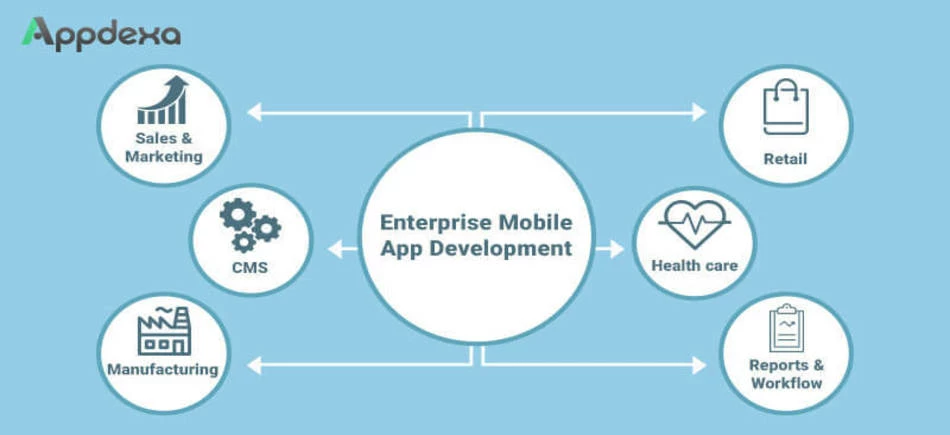
Member Article
What are the Best Practices and Methodologies in Enterprise Mobile App Development
Are you engaged in running a Mobile App Development Company If yes, then it is important for you to stay updated with the latest mobile app development tools and practices The main reason behind this is that these things will help you in offering well-executed apps. These days, we have been talking a lot about growing momentum of enterprise mobile app development. A large number of companies are moving to a mobile first strategy and are investing more money on enterprise mobile app development. In order to satisfy the requirements of enterprise clients, several mobile app development companies are adopting new techniques for developing apps and are following modern development practices.
Overview of New Enterprise Mobile App Development Methods and Best Practices:
Enterprise Mobile App Development Methods Bimodal IT
Bimodal IT is the latest method adopted by enterprise mobile app development sector. There are two parallel modes in this method. One mode of app development lay emphasis on safety and accuracy, whereas mode 2 focuses on agility and speed. This methodology is expected to bridge the gap between demand and capacity.
** Rapid Mobile App Development** There is no denial to the fact that applications developed with RMAD are good to address an ad hoc problem that is difficult to be addressed with the existing applications in place. Due to little coding, reusing software components or by using prototyping, it can be used to develop customer facing apps.
Enterprise App Development Practices Context Driven Testing
This new form of agile testing works well for a mobile app that serves the need of only one end-user and not the other. Benefits of this type of testing includes enhanced user-friendly product, optimized functionality for intended users and last but not the least, adaptability of the product to changing markets. Context-driven testers choose testing objectives, techniques and also deliverables by checking the details and desires.
Cross-Platform Apps
Today, there are numerous cross-platform frameworks available in the market. However, the most popular one is the PhoneGap owned by Adobe. On the other hand, Xamarin by Microsoft is catching fast though. There is no denying that Java for Android and Objective C for iOS can be easily done with C# with Xamarin. This framework offers complete access to 100% of the native API for Windows, Android and iOS in C#. In addition, QT, Ionic, Apache Cordova and Appcelerator are some other widely preferred cross-platform tools that simply suit web development, desktop and mobile app development.
OAuth 2.0 + Two-Factor Authentication For Users
OAuth comes under the category of practical tactic. There are many vendors who support OAuth 2.0 with two-factor authentication including Okta, Ping and Azure AD. There is nothing wrong in saying that two-factor authentication requests a user to enter user ID, password and a second validation. This includes an OTP generated on your mobile phone or a fingerprint. Android, iOS and Windows support OAuth 2.0. No mobile app development companies should count on any other method of authentication.
This article is Originally Published here.
This was posted in Bdaily's Members' News section by Appdexa .




 test article 123456789
test article 123456789
 hmcmh89cg45mh98-cg45hm89-
hmcmh89cg45mh98-cg45hm89-
 test456456456456456456
test456456456456456456
 test123123123123123123
test123123123123123123
 test xxxdiosphfjpodskhfiuodsh
test xxxdiosphfjpodskhfiuodsh
 Savour the flavour: North Tyneside Restaurant Week returns for 2024
Savour the flavour: North Tyneside Restaurant Week returns for 2024
 Six steps to finding the right buyer for your business
Six steps to finding the right buyer for your business
 Stephen signs off on a special night
Stephen signs off on a special night
 Life’s a Peachaus: Gillian Ridley Whittle
Life’s a Peachaus: Gillian Ridley Whittle
 Making a splash: Phil Groom
Making a splash: Phil Groom
 Making workplace wellbeing a priority
Making workplace wellbeing a priority
 A record of delivery, a promise of more: Ben Houchen
A record of delivery, a promise of more: Ben Houchen